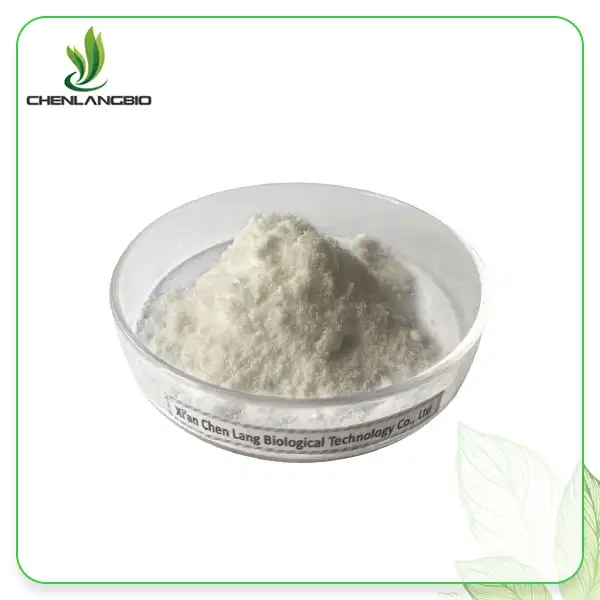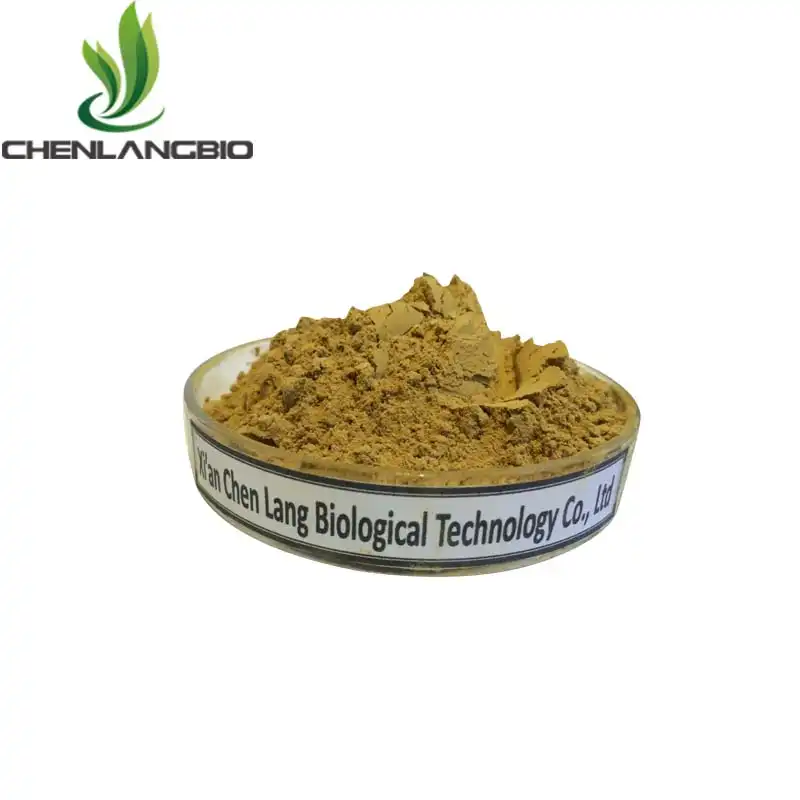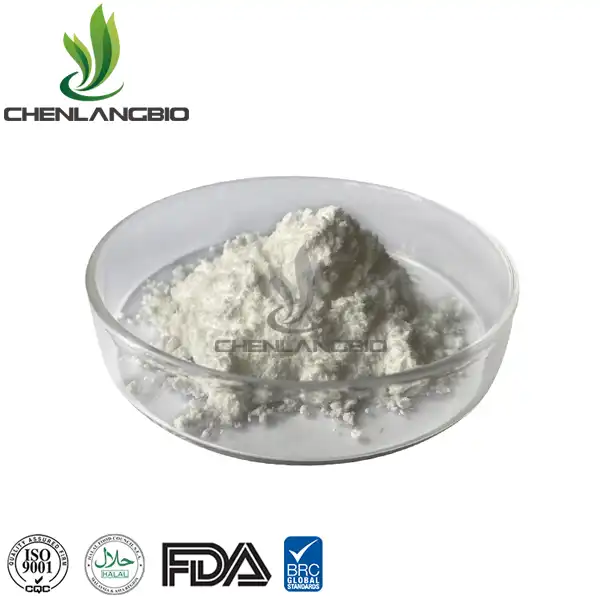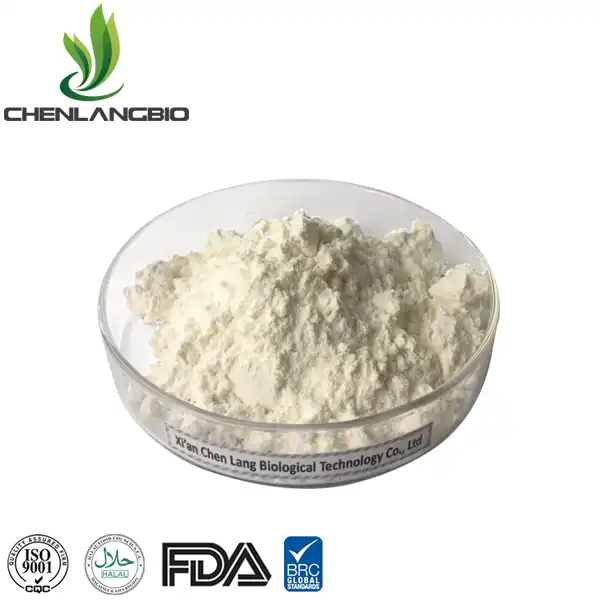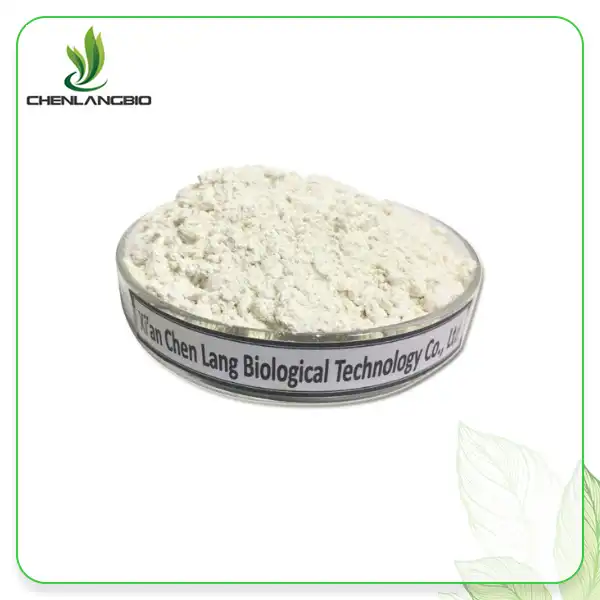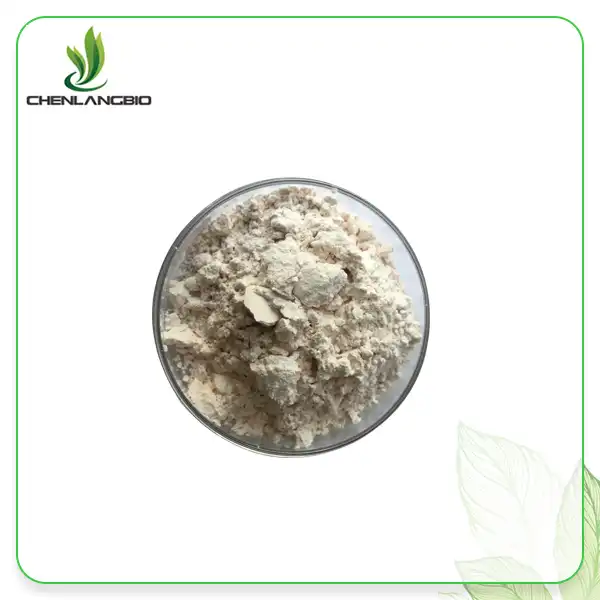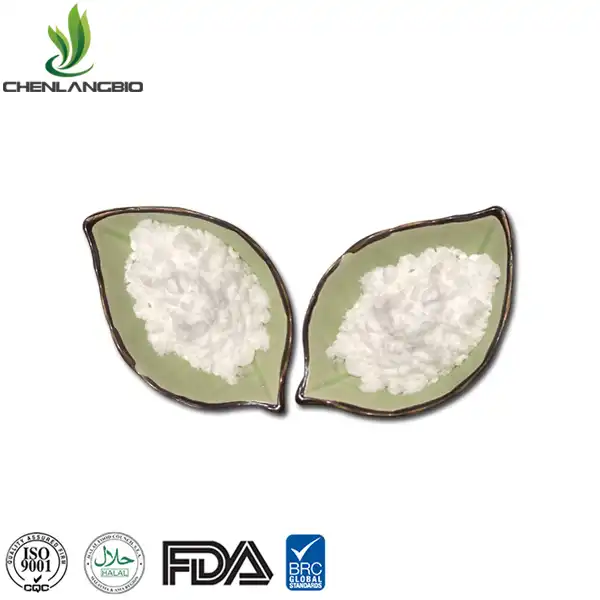What's The Difference Between Kojic Acid and Kojic Acid Dipalmitate Powder
2024-05-12 16:50:19
We are kojic acid dipalmitate powder supplier and manufacturer. It is good effect on skin whitening. We mainly supply kinds of skin whitening powder, but there are many kinds of new products in the market. People are constantly looking for efficient, safe and cost-effective raw materials of cosmetics raw powders.
Kojic acid dipalmitate, which is a derivative of kojic acid, has become a new favorite in the whitening market because of its good stability, good whitening effect and no irritation to the skin. Kojic acid has gradually faded out of the market because of its poor stability and difficulty in compounding.
Kojic acid is a metabolite of Aspergillus oryzae. It was first discovered because the hands of master operators in the brewing industry are often whiter and tenderer than others. Later, Japanese scholar Kendo Saito discovered a whitening effect in soy sauce brewed by Asperhillus oryae. It is Kojic acid.
Kojic acid is white to slightly yellow crystalline powder, melting point 150°C-154°C, easily soluble in water, ethanol and ethyl acetate, slightly soluble in ether, chloroform and pyridine.
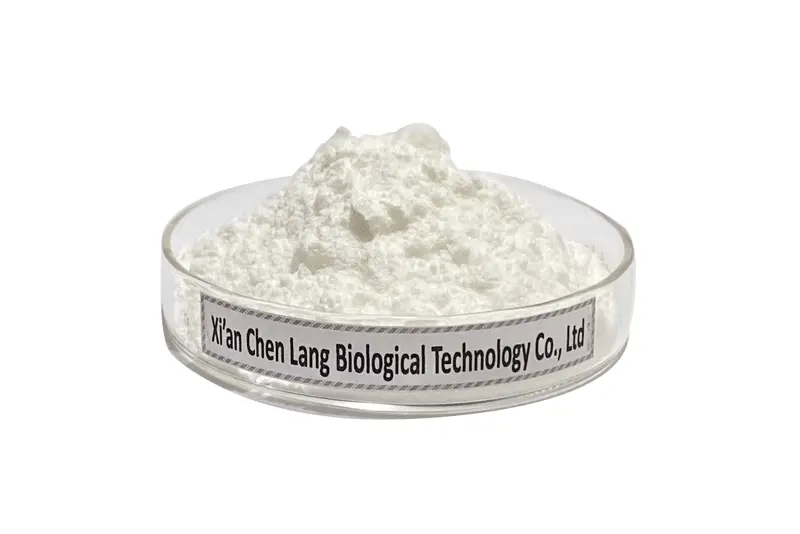
Kojic acid powder 98%
Kojic acid is white to slightly yellow crystalline powder, melting point 150°C-154°C, easily soluble in water, ethanol and ethyl acetate, slightly soluble in ether, chloroform and pyridine. The process of industrial production is roughly as shown in the figure below.
The process of industrial production is roughly as shown in the figure below. It is produced by inoculating Aspergillus oryzae on a culture substrate composed of glucose.

Kojic acid dipalmitate is synthesized by the acylation of kojic acid and palmitoyl chloride, and purified through the steps of filtration, washing, decolorization, crystallization, recrystallization, and drying. The general process is shown in the figure below:

Kojic acid dipalmitate is also a white crystalline powder, with a melting point of 92-96°C, completely insoluble in water, soluble in oil, propylene glycol, etc.
Kojic acid dipalmitate 98%
Stability:
Kojic acid has a strong inhibitory effect on human skin melanin production enzyme - tyrosinase, and can be made into cosmetics for freckles, age spots, pregnancy spots, pigmentation, etc.
However, because kojic acid is unstable, sensitive to light and heat, easily oxidized in the air, and reacts with many metal ions, especially ferric ions, the prepared skin whitening products will gradually turn yellowish brown during use.
Kojic acid dipalmitate completely overcomes the shortcomings of kojic acid, such as instability to light, heat and metal ions, poor skin absorption, and irritation. Therefore, kojic acid dipalmitate has excellent stability in the formulation and will not chemically react with other ingredients in cosmetics, reducing the difficulty of formulation.
Whitening Effect:
Regarding the whitening effect of kojic acid and kojic acid dipalmitate, some scholars have done the following experiments. The Y axis is the absorption capacity of 475nm light waves. By measuring the color of various melanin intermediates, the activity of tyrosinase is fed back.
The x-axis is the elapsed time, calculated from the addition of tyrosinase to the medium. The results showed that the tyrosinase activity of the kojic acid experimental group was restored at 5 minutes, while the tyrosinase activity was only displayed at 12 minutes in the kojic acid dipalmitate experimental group.

In clinical trials of pigmented patients, the effective rates of kojic acid and kojic acid dipalmitate were 60%-95% and 80%, respectively.
It can be seen that the whitening effect of kojic acid dipalmitate is better than that of kojic acid. In addition, the good fat solubility of kojic acid dipalmitate makes it easier to be absorbed by the skin and is a good moisturizer.
Please feel free contact me if you need inquiry about our skin whitening powder. Email: admin@chenlangbio.com
Send Inquiry
Related Industry Knowledge
- Pomegranate Powder Recipes for Every Lifestyle
- Is Dimethylmethoxy Chromanol Safe
- Paeoniflorin 80%: A Natural Solution for Inflammation
- Does Green Tea Extract Give You Energy
- What Is the Difference Between Ascorbic Acid and Sodium Ascorbyl Phosphate
- Does Sodium Ascorbyl Phosphate Oxidize
- Who Should Not Take Alpha-GPC
- Can I take Cordyceps every day
- What is Pure Pomegranate Extract Good for
- Resveratrol Antioxidant


